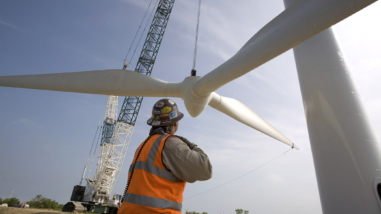ClimateWorks Foundation
For Work On Global Industrial Decarbonization
-
Amount$4,500,000
-
Program
-
Date Awarded4/6/2020
-
Term12 Months
-
Type of SupportGeneral Support/Program
About the Grantee
Grantee Website
www.climateworks.org



